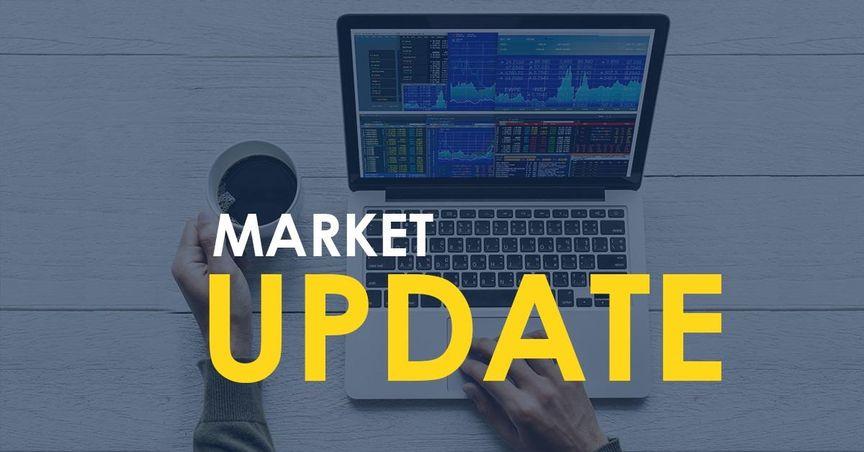Highlights
- Legal action questions Elon Musk’s authority in the U.S. government
- Lawsuits claim power delegation bypasses constitutional procedures
- Federal spending and workforce decisions under scrutiny
Elon Musk, the CEO of Tesla (NASDAQ:TSLA) and SpaceX, is at the center of a legal battle concerning his role in the U.S. government. A pair of lawsuits filed in federal courts in Washington and Maryland argue that President Donald Trump has unconstitutionally granted Musk broad powers over federal agencies—authority that typically requires Senate confirmation.
The lawsuits, brought by Democratic state officials and federal employees, claim that Musk has exercised decision-making control over significant government functions. These include efforts to reshape agencies, orchestrate federal budget reductions, and restructure the federal workforce. The legal filings argue that such responsibilities should remain under the jurisdiction of Senate-confirmed officials rather than being delegated to an individual without formal approval.
At the core of the legal challenge is Musk’s Department of Government Efficiency, which has been instrumental in executing federal cost-cutting measures. Plaintiffs in the lawsuits contend that this department has influenced key policy decisions, such as scaling back agency operations and accessing sensitive government data. They assert that these actions go beyond what should be permitted without proper constitutional oversight.
This legal battle could have significant implications for Musk’s role in governmental affairs and his broader influence in shaping U.S. policies. With Tesla (NASDAQ:TSLA) and SpaceX deeply involved in government contracts and technological initiatives, the outcome of these lawsuits could also affect business dynamics tied to federal projects.
The lawsuits seek judicial intervention to nullify major actions undertaken by Musk’s department, arguing that these decisions lack legal backing. As the case progresses, it could set a precedent for how private sector leaders engage with federal decision-making in the future. The legal scrutiny adds another layer of complexity to Musk’s expanding influence beyond the business world and into governmental operations.
While the legal process unfolds, the case continues to raise questions about the extent to which business executives can play a role in shaping federal policies. The court’s decision could redefine the boundaries between corporate influence and governmental authority in the United States.






